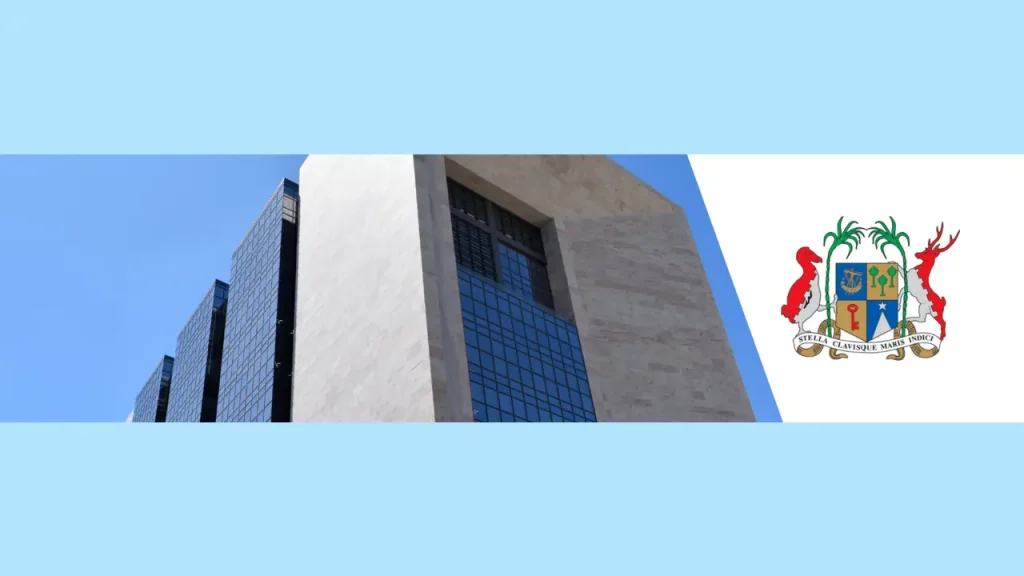- Mauritius’ unclear legal framework undermines AFRINIC elections and their recognition.
- The September 2025 election should not be recognised without judicial independence and transparent processes.
AFRINIC’s legal context
Since the Supreme Court of Mauritius appointed a Receiver in 2023, AFRINIC has operated in a grey zone between judicial oversight and administrative intervention. Its designation as a “Declared Company” under the Mauritius Companies Act and the Registrar’s move to appoint inspectors shifted the balance away from member-led governance. Instead of being a neutral, bottom-up registry, AFRINIC became entangled in state procedures that determine who interprets the bylaws and who supervises elections.
For stakeholders such as Cloud Innovation, one of AFRINIC’s largest members, the courts were seen as the only possible safeguard for transparency and accountability. But the lack of clarity on how laws and bylaws intersect has moved the governance dispute out of the members’ hands. Unless the courts act with independence, the electoral process risks being undermined by political instructions and administrative discretion.
September 2025 election and recognition
The September 2025 board election was presented by the Receiver and Election Committee as a completed process, with results published shortly afterwards. Yet many members argue that the outcome should not be recognised. Their concern lies not with the mechanics of proxy voting—those were valid—but with the fact that AFRINIC remains under receivership and declared status, raising doubts about who had the authority to run the election in the first place.
The earlier June 2025 election, conducted under court authorisation, was halted and annulled without explicit judicial instruction. That annulment eroded trust, and the September process failed to address the constitutional gap. Without judicial independence ensuring due process, any results risk being politically imposed rather than member-driven. Recognition of this election before those questions are resolved would undermine the principle of bottom-up internet governance.
Also read: How Mauritius’ constitutional uncertainty shapes AFRINIC’s election outcomes
Also read: AFRINIC and the risk of disputed elections in a weak legal framework
Judicial independence under strain
Judicial independence in Mauritius is central to restoring trust. The courts must act not as substitutes for member governance, but as protectors of fair process. Concerns have grown that overlapping roles between the judiciary, the Receiver, and administrative authorities weaken the separation of powers. Without transparent rulings on membership rights, election procedures, and bylaw interpretation, members cannot rely on the courts to secure their governance rights.
Cloud Innovation and other stakeholders argue that courts should focus on procedural justice—open hearings, verifiable evidence, and clear rulings—rather than letting administrative actions stand unchecked. Independence here is not symbolic: it is the only way to guarantee that AFRINIC elections represent genuine member will, not state capture or external interference.
Why it matters for African internet governance
AFRINIC is responsible for managing Africa’s IP address resources, and its elections determine who holds stewardship over that responsibility. If elections are recognised without independent judicial oversight, the legitimacy of resource distribution will be called into question. This risks destabilising Africa’s internet infrastructure, undermining operator confidence, and inviting external powers to reshape governance in their interest.
Cloud Innovation has described its stance as a defence of African sovereignty and bottom-up governance. It insists that AFRINIC must return to compliance with its bylaws and the Companies Act, free from political instruction. Until that happens, the September 2025 election should not be recognised. Only judicial independence and transparent processes can restore member control and trust in African internet governance.

